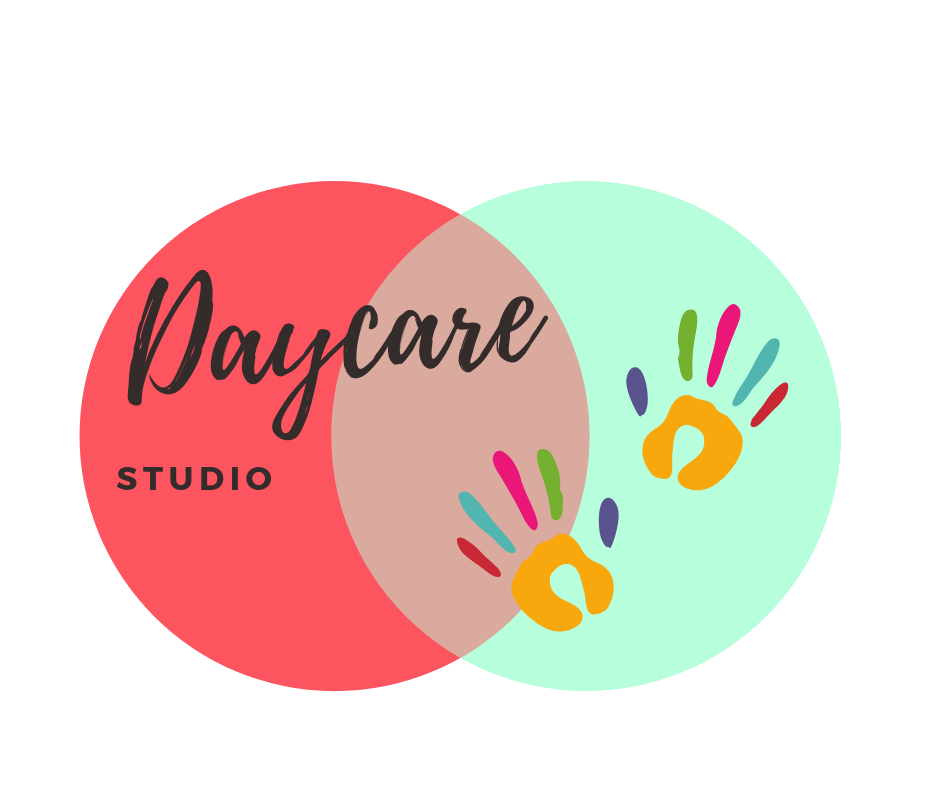Talking To Young Children About The Coronavirus
Although toddlers and young children may not know what is going on, they may pick up on a parent or teacher’s worry and anxiety. Preschoolers may be more tuned in to what is happening. They may have questions about sickness, germs, doctors, and even death.
Engage In Conversations Without Over Exposure To Stressors
Stick to the facts and don’t burden them with your own anxiety but allow children to express their concerns or ask questions.
Eliminate or limit exposure to media depending on the age of the child.
Don’t be surprised if they are more irritable. Be extra patient. Some children may act out scary feelings through misbehavior. Others may become more withdrawn. Pay attention to these cues and ask them to tell you about their feelings.
Maintain Routines
Make efforts to keep your children’s normal routines and rituals when possible. If you have closed your school or daycare, encourage parents to try to create and stick to other routines when they can. Have them explain that this is part of the precautions grown-ups are taking to prevent people from getting sick.
Remind the children that they can stay healthy by washing hands and make hand-washing fun with songs. Try singing the Wash Your Hands with Baby Shark Song
Encourage play whenever possible. Check out these fun sensory activities to try with your toddler.
Practice Healthy Habits
Remind kids that sleep, exercise and eating healthy foods are good ways to strengthen our bodies.
Explain to them that everyone gets sick sometimes, but we can be responsible “germ busters” by practicing hand washing, resting and by “catching our cough”.
Make it a game by teaching them to cough or sneeze into their elbow and “catch that cough”. When they do cough or sneeze into their elbow, say “Great job! You caught it! That’s what germ busters do!”
Read the book, Germs Are Not For Sharing to your little ones to teach them about germs and how to protect yourself and others.
Overall, remember to not show anxiety around the children, encourage your children to communicate their feelings, and take this opportunity to educate them about how to stay safe and healthy.

